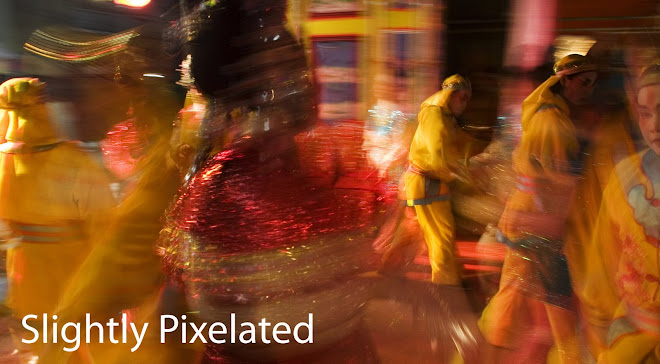With thousands of protesters still gathered on Bangkok's streets, with talk of elections, amidst an ocean of news and commentary one might be forgiven for thinking that Thailand was exhibiting all the symptoms of a healthy democracy.
Indeed, in a region better known for its repressive regimes, Thailand has often been held up as an example. As a nation where diversity of opinion is tolerated, where the press is unmuzzled and where vocal, though sometimes violent, debate have become established components of the political culture.
On the face of it Thailand looks, feels and even operates like a fully-fledged, if turbulent, democracy.
References to majority rule, equal rights, justice, one-man-one-vote and freedom of speech are the standard currency of political dialogue. The judiciary is nominally independent as is the media and the watchdog bodies whose declared role it is to reign in the natural tendency of elected politicians to politicise.
But what 'seems' isn't. Thailand's democracy, like a shimmering mirage, is bright and shiny from afar but looks disturbingly hollow close up.
The institutions of State that should stand above and beyond the reach of politics lack the independence, credibility and moral authority they need to function.
Many Thais no longer trust their institutions of government. Most are grudgingly resigned to a status quo where widespread corruption has become the norm.
The judiciary, neither independent nor separate from the State, is but a political weapon to be deployed against perceived enemies of the establishment. Even the press, democracy's 'fourth estate', has become entirely partisan, making it impossible for the public to turn to the media for a rational, non-biased analysis of the current situation.
Interestingly, however, and despite their bitter differences, both sides of Thailand's colour-coded divide are unified in their desire for change and reform. They just can't agree on how.
Tolerance for political corruption is wearing thin while disillusionment at the failure of Thailand's core institutions of government to rise above narrow political interest is growing.
Lurking beneath these trends, and feeding the intense emotions that electrify the ongoing street protests, lies a thread of fear: that with the passing of Thailand's much loved monarch, who alone stands above the political fray and carries the ultimate authority to temper its excesses, the remnants of this country's fragile democracy may fall apart.
It may already be too late. For even if, as the red shirts demand, fresh elections were to be held, it is hard to see how this would resolve the impasse. When the problem is systemic, one can no longer turn to the system for a solution.
So what next?
Worryingly, amidst the invective and theatrics that have come to dominate the political dialogue, it is hard to find any constructive proposals for reform.
Indeed, it seems as if beyond exchanging one leader for another and vague railings against corruption, neither side is proposing a serious road map for rebuilding Thailand's democratic institutions, which require deeper repair than merely rewriting a new constitution. Nor does there appear to be a political figure capable of offering a unifying vision that transcends partisan differences.
Viewed in this light, Thailand's polity seems helplessly and dangerously adrift. It is with foreboding that one watches waves of red shirted protesters ebb and flow through Bangkok's streets, brushing up against rows of troops drafted to maintain order.
With neither side able or willing to compromise, with no leader capable of rising above the current divide, with no practical agenda for the future, the potential for chaos and violence remains high.
Is Thailand in search of a cathartic and perhaps terrible 'release', therefore, that will jolt the nation into a realisation that unified efforts at reform and reconciliation can be the only way forward? Or will the military step in, freezing the political process yet again and perhaps deferring the reform needed to bring Thailand's promising democracy back in line with successes of its economy and the aspirations of its restless majority.

1 comment:
Excellent paper. Thailand, indeed, needs "Etat Generaux", but who will have the authority to summon them ?
Arnaud
Post a Comment